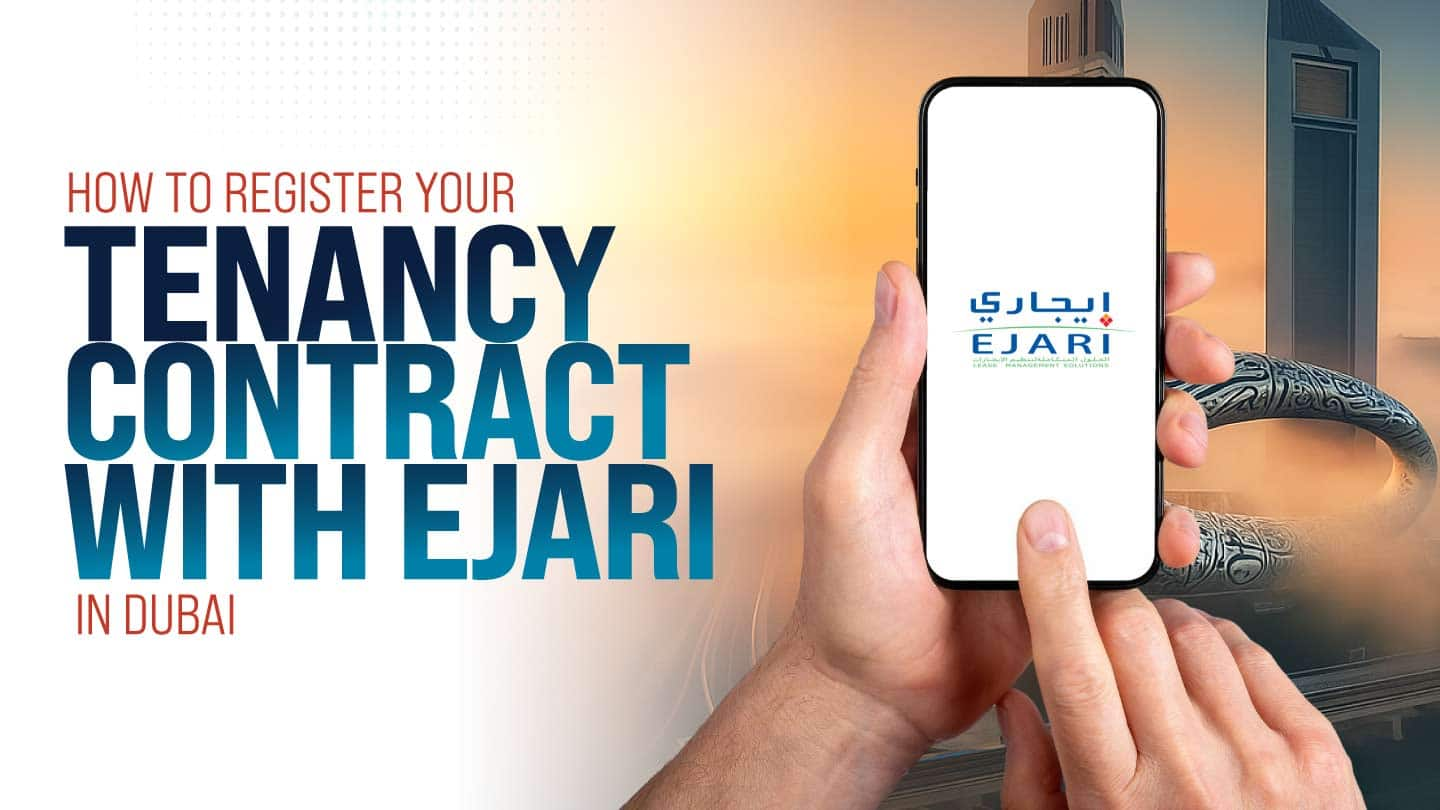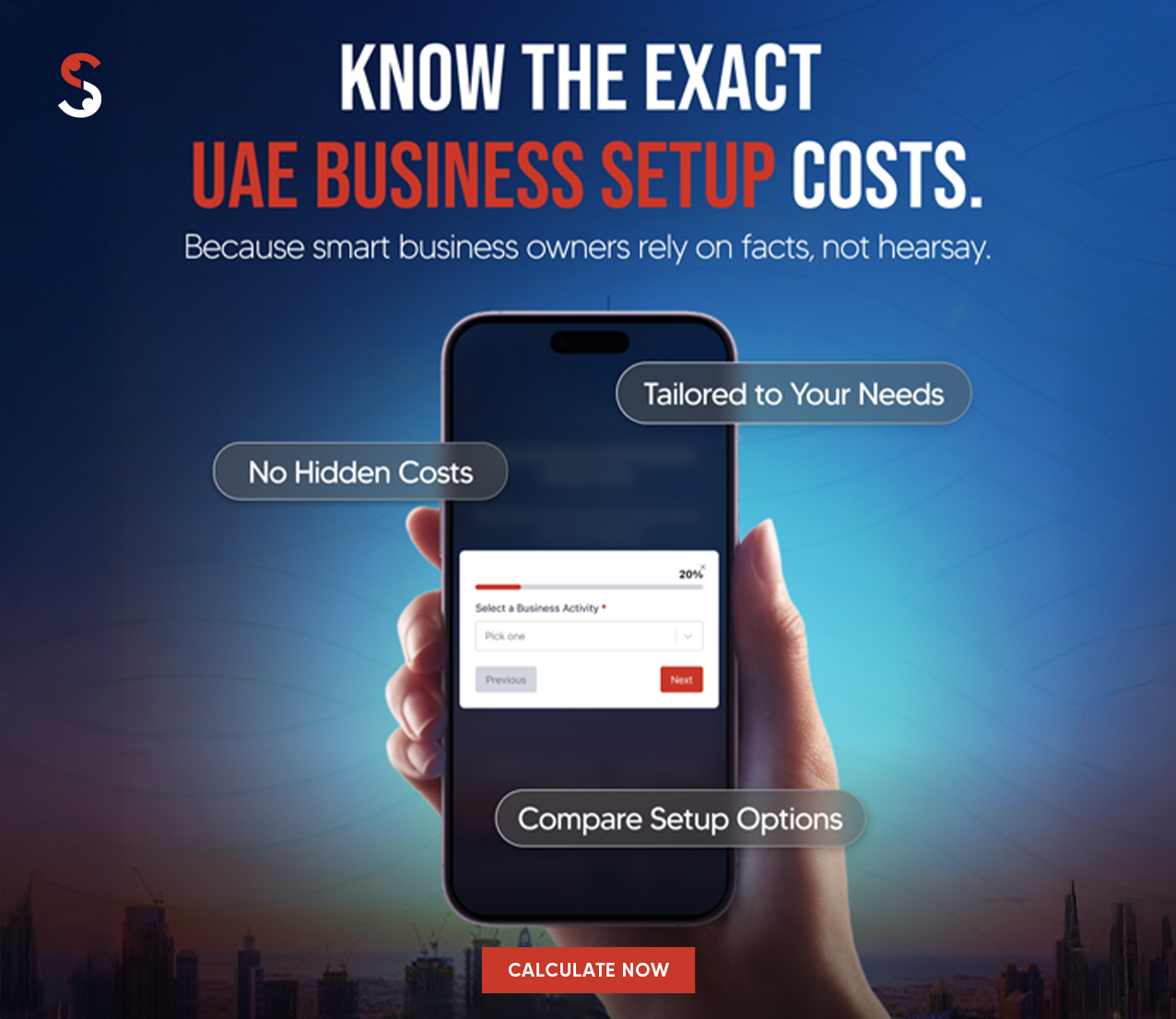Starting or renewing a job in the UAE? Your labour contract is your key document, and recent legal changes have made understanding it more crucial than ever. This guide cuts through the complexity, explaining the different contract types, your rights, and how to get your contract online. At Shuraa Business Setup, we help make this process smooth and compliant, so you can focus on your career with confidence.
What is a Labor Contract in the UAE?
In simple terms, a UAE labour contract is a legally binding deal between you and your employer. Once you both sign it, you are agreeing to the terms set out in the document.
What does it cover? Your contract clearly outlines your job duties, work schedule, and performance goals. It also binds your employer to provide you with the benefits and compensation promised.
These contracts, which are easily accessible online, can be of different types, all falling under the official UAE Labour Law. The main categories include Limited (fixed-term), Unlimited, Part-time, Full-time, and Temporary contracts.
Limited vs. Unlimited Contracts: What’s the Difference?
Knowing which contract you have is vital, as they differ in three key ways: your legal responsibilities, your job security, and the rules for ending the employment.
- UAE Fixed-Term Contracts (Limited)
These contracts are for a specific period, with a clear start and end date. Recent laws now cap this period at three years. A crucial update mandates that all employees must be on fixed-term contracts. - UAE Flexible Contracts (Unlimited)
Under the new law, these contracts do not have a fixed end date. They only terminate by mutual agreement or when a notice period is served. If you wish to resign, you must give at least 30 days’ notice.
Part-Time vs. Full-Time vs. Temporary Contracts in the UAE
The law categorizes work based on your hours:
- Full-time: The standard contract, requiring up to 48 hours of work per week.
- Part-time: You work for one employer but for fewer than 48 hours a week. You can take on other part-time jobs without your main employer’s permission, but you may need a permit from MoHRE.
- Temporary: This is for a specific, short period, often used for the initial 90-day probation.
After the temporary period, employers typically extend the contract as part-time or full-time. Employees under a part-time contract can take on additional part-time work with other employers without permission. However, those seeking to work part-time for multiple employers need a permit from the Ministry of Human Resources.
Understanding Your Work Hours and Overtime
For most industries, your workday cannot legally exceed eight hours. If you work more than 48 hours a week, you are entitled to overtime pay—your hourly rate plus an extra 25%. For night work (between 9 pm and 4 am), this increases to your hourly rate plus 50%.
Navigating the New UAE Labour Law: Key Changes You Must Know
Federal Decree-Law No. 33 has updated the rules, generally giving employees more rights while offering employers some flexibility. Here’s a breakdown of the most important changes.
1. The Move to Fixed-Term Contracts
The recent legislation mandates a shift to fixed-term contracts for all employees, with HR professionals primarily tasked with communication. Employers must complete this transition by February 2023.
2. Updated Probation & Notice Periods
Employers have the authority to impose a probation period of up to six months for addressing performance issues or for new hires. If termination occurs during probation, the employer must give the employee at least 14 days’ notice.
Similarly, employees on probation must give their employer a 14-day notice if leaving the UAE. However, if seeking employment with a different UAE employer, a 30-day notice is required.
3. Official Recognition of Flexible Work
The recent legislation officially recognises flexible work contracts, allowing employees to determine their work hours. Alternatively, employers may request varying work schedules from employees across different weeks throughout the year. Employers must adhere to workload regulations and overtime laws despite the fluctuating hours.
4. Non-Compete Clauses
Employers have the right to incorporate non-compete clauses in labour contracts. However, part-time employees cannot seek additional work with non-competing employers. Employees working for multiple employers need approval from MoHRE.
5. Rest Day Policies
Employers must ensure every employee has a weekly rest day, although Friday is no longer mandatory. Compensation, such as overtime pay or a substitute rest day, must be provided for employees working on their designated rest days.
6. Currency Arrangements
Employers and employees can agree on payment in any currency, but payments made through the Wages Protection System must be in UAE Dirham, requiring conversion for processing.
7. Leave Benefits
Employees must utilise accrued leave within the same year of earning it or may be eligible for encashment by year-end.
Employees accrue two days per month for the initial six months, with a guaranteed 30-day leave entitlement after one year of service. The law also recognises specific leave categories:
- Maternity leave
- Compassionate leave
- Study leave
Maternity leave encompasses 45 days at full pay and 15 days at half pay. In childbirth complications, employees are entitled to an additional 30 days of full-pay leave. Compassionate leave extends to 3-5 days of paid leave for bereavement within the immediate family.
Study leave grants ten days at an approved UAE educational institution, available to employees with at least two years of tenure, and may be unpaid.
8. New Termination and End-of-Service Rules
Notice periods for terminating a fixed-term contract now depend on your tenure:
- Less than 5 years: 30 days’ notice.
- 5-10 years: 60 days’ notice.
- Over 10 years: 90 days’ notice.
Furthermore, all employees are now eligible for full end-of-service gratuity after completing at least one year of service.
9. Important Workplace Protections
Under the new law, employers are required to adhere to specific workplace policies, encompassing:
- Non-discrimination against protected classes
- Gender-based equal pay
- Prevention of physical, verbal, and sexual harassment
- Provision of an employee handbook
Are There Exceptions to the Law?
Yes. Employees in the Dubai International Financial Centre (DIFC) and the Abu Dhabi Global Market (ADGM) are governed by their own distinct labour laws.
How to Get Your Labour Contract Online
Need a copy of your contract? It’s a simple process through the Ministry of Human Resources and Emiratisation (MOHRE), the government body that regulates the job market.
Via the MOHRE Website:
- Visit the MOHRE website.
- Find the “Services” menu and select “View Approved Contract.”
- Choose one of the available options: [details not provided]
- You can search using your Transaction Number or your Personal Details (like Emirates ID).
- Follow the prompts and enter the required information (e.g., OTP sent to your phone) to view and download your contract.
Via the MOHRE App:
- Download the MOHRE app from the iOS or Android store.
- Log in to your account.
- Go to “Services” and select “My Contract.”
- Enter your details to pull up your contract instantly.
Wrapping up with Shuraa?
Whether you’re an employee checking your rights or a business ensuring compliance, getting expert advice makes all the difference. At Shuraa Business Setup, we provide tailored support to help you navigate the UAE’s legal landscape seamlessly.
Contact us for a free consultation today!
- Call: +97144081900
- WhatsApp: +971507775554
- Email: info@shuraa.com
Frequently Asked Questions (FAQs)
1. What is the difference between a limited and unlimited contract in the UAE?
A limited (or fixed-term) contract has a specific start and end date, typically lasting up to 3 years. An unlimited contract does not have a fixed end date and continues until it is terminated by either the employer or employee by serving the required notice period.
2. Can I switch from an unlimited to a limited contract in the UAE?
Yes. With the implementation of the new UAE Labour Law (Federal Decree-Law No. 33), all new contracts and renewals are now issued as fixed-term (limited) contracts. If you were on an unlimited contract, your employer should have transitioned you to a fixed-term contract upon renewal.
3. What is the notice period for resigning in the UAE?
The legal minimum notice period is 30 days, unless your contract specifies a longer period. This applies to both limited and unlimited contracts after the probation period.
4. How can I download my UAE labour contract online?
You can easily access your labour contract online through the Ministry of Human Resources and Emiratisation (MOHRE) website or their smart app. You will need your Emirates ID, transaction number, or passport details to log in and view or download the contract.
5. What are my rights if my employer terminates my contract?
If your employer terminates your contract, they must provide a notice period (30, 60, or 90 days based on your tenure) or pay you in lieu of notice. They are also legally required to pay all your end-of-service benefits, settle any outstanding dues, and provide your repatriation ticket within 14 days of the contract’s end.
6. What is the probation period in the UAE?
The probation period can be up to a maximum of 6 months. If you wish to leave during probation to join another company in the UAE, you must give a 30-day notice. If you are leaving the country, a 14-day notice is required.
7. Am I eligible for end-of-service gratuity if I resign?
Yes, you are eligible for end-of-service gratuity after completing at least one year of continuous service, whether you resign or your contract is terminated. The calculation is based on your basic salary and the length of your service.
8. Is a labour contract and a work permit the same thing?
No, they are related but distinct documents. A labour contract is the agreement between you and your employer outlining the terms of employment. A work permit (or labour card) is the official document issued by MOHRE that grants you legal permission to work for that specific employer in the UAE.
Disclaimer: The information in this post is for general guidance only and may change due to updates in government policies or regulations.










